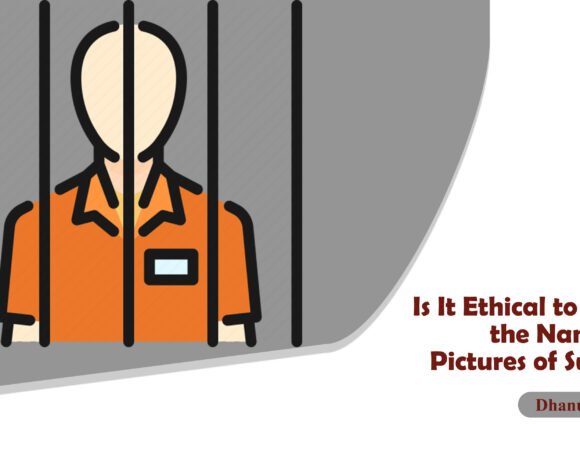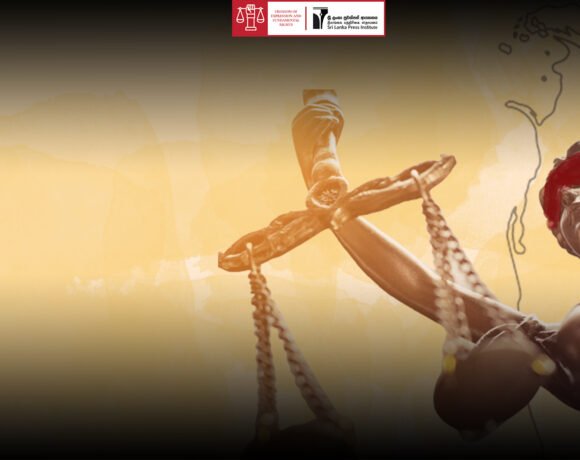
Is it unfair to commemorate deceased relatives?
S. Partheepan
During the long civil war in Sri Lanka, it was the practice in the North and East, to hoist red and yellow flags at all memorial grounds for martyrs on November 27. It was to commemorate the Liberation Tigers, who lost their lives fighting the government forces. However, ever since the war came to an end, notably under the current government, these commemorations are encountering strong pressures.
To prevent the dead bodies of Tigers reaching the hands of the enemy in any event, burying them with military honours and paying them homage was a practice followed by Tigers since its inception. But, the Martyrs’ Day, commemoration of their dead, conducted on a grand scale in 2008 was the last one by the Liberation Tigers.
Then Army Commander and a Parliamentarian now, Sarath Fonseka mentioned in Parliament that he announced the Tiger movement was not to be permitted to conduct Martyrs Day after 2008. Likewise, after the war it became difficult to have similar commemorations.
Especially, in all district in the Northern Province, Court Orders were sought to prohibit this event. The Government announced memorials to the dead Tiger cadres could not be conducted, because, the Tiger Movement was proclaimed as an extremist organization by the Government. Anyhow, Tamils say that they have the right to commemorate their dead relatives.
Citing the Corona guidelines, the Army Commander Savendra Silva said that commemoration of martyrs was prohibited and action would be taken against those who violate this order.
We will never permit the observing of Martyrs Day of Liberation Tigers of Tamil Elam in Sri Lanka. Tamils cannot violate the prohibition and commemorate the martyrs here. If they want to, they can go abroad and conduct the remembrance freely. They will have no obstruction there said Dinesh Gunawardene, Minister of Foreign Affairs.
Tamils have the right to remember their relatives who died during the war. It is their own right. Neither the President, nor the Government nor any others can stop it, said the President of Tamil National Alliance, R.Sambanthan.
In Sri Lanka, people of the three races have the right to commemorate their relatives who died during the war. They should not be differentiated as Sinhalese, Tamils and Muslims. So, the right to commemorate cannot be seized by anyone, said former President Chandrika Bandaranaiyake.
Anyhow, the Tamil leaders say that they will not agree with the threatening of memorial organisers by officials of Sri Lanka.
They mention, that this new effort to stop commemoration by the misuse of law and Corona restrictions is the next stage of racism and oppression.
People, including Sivagnanam Sritharan, Member of Parliament who tried to clean the tombs of the Tigers were stopped by the Police. More than this the security forces erected check-points close to the memorial grounds of the Tigers in the North and East.
The local Courts, in addition to prohibiting a common programme of remembrance, prohibited many individuals, political parties including the Tamil National Alliance and Tamil National Peoples Front from organizing and participating in these events.
Corona restrictions were used to justify these prohibition orders, and individuals who used red and yellow flags in these ceremonies were targeted and subjected to inquiries.
Furthermore, on last 29th November was the Karthigai Festival of Lights for the Hindus. Police arrested a university student who lit the lamps and observed prayers. They also prevented this religious function in many places in Chunnakam area.
Mano Ganeshan MP, pointed out in Parliament that the Police who were ignorant about the Karthigai Festival, a religious tradition, mistook it as the commemoration of Tiger cadres. Their action was due to this ignorance and requested the relevant Minister educate the Police personnel serving in the North and East regarding the special Tamil and Hindu festivals.
Commemoration without obstruction is essential to relieve mental trauma and pay homage to those who were killed in the war. This is also one of the basic requests by Tamils after the war was over in 2009. But, the Government is not paying any attention to this request and on the basis that those who joined a terrorist organization are terrorists the Government refuses to grant permission to this request.
The Tamils feel that prohibiting the commemoration of dead relatives is a racial oppression that violates the rights of the Tamils.
Remembering the people who were killed in the war is an internationally accepted tradition. All over the world, we can see numerous memorial grounds. Denying the opportunity to remember their relatives once in a year will cause further pressure upon the affected people.








